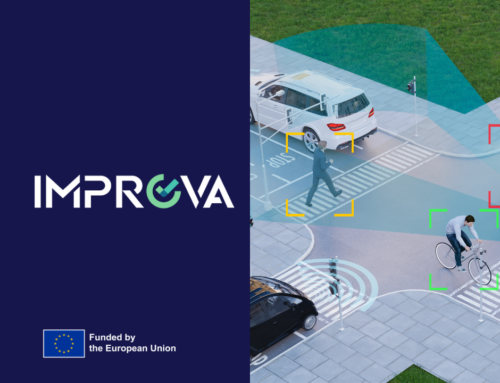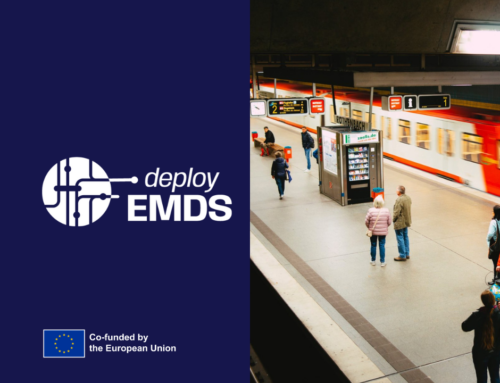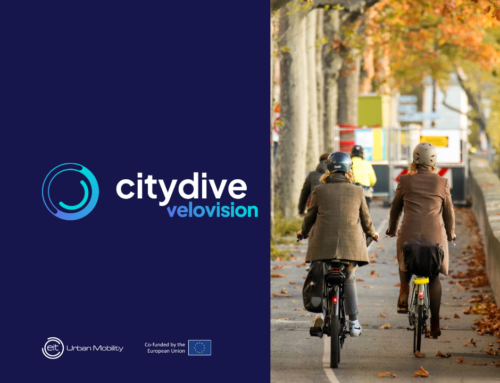Project Description

PHOEBE (Predictive Approaches for Safer Urban Environment) aims to increase the road safety of vulnerable road users, especially those who use active mobility and e-scooters. This is achieved through the interdisciplinary power of traffic simulation and road safety assessment.
Website: https://phoebe-project.eu/
Social media
LinkedIn: https://www.linkedin.com/company/phoebe-project/
Twitter: https://twitter.com/Project_PHOEBE
Description
PHOEBE aims to increase the road safety of vulnerable road users, especially those who use active mobility and e-scooters.
This number of urban fatalities represents around 40% of all road fatalities.
Furthermore, lacking speed limit compliance, car-centric spatial design and reckless driving create a precarious or even dangerous urban landscape for pedestrians, cyclists, users of emerging mobility solutions, and vulnerable road users.
The latter group is facing significant challenges, as traffic flows might be too fast in urban environments or street spaces are too crowded.
Overall, the results of PHOEBE can be used as a blueprint by other European cities to develop their own knowledge products, such as socioeconomic analysis model, urban road safety assessment, human behaviour, and choice modeling.
AI techniques and ML algorithms can then be used to inform predictive safety modeling, traffic, and road user flow simulations.
The 3.5-year-long PHOEBE project will draw inspiration from real-world scenarios in the three pilot cities of Athens (GR), Valencia (ES), and West Midlands (UK).
Details
Project duration: 01/11/2022 – 01/06/2026
Total budget: 3.37 M€
Project partners: European Institute of Road Assessment (EIRA), National Technical University of Athens (NTUA), TU Delft, TU München (TUM), Aimsun, POLIS, FACTUAL, Universitat Politècnica de València, Oseven, The Floow, iRAP








